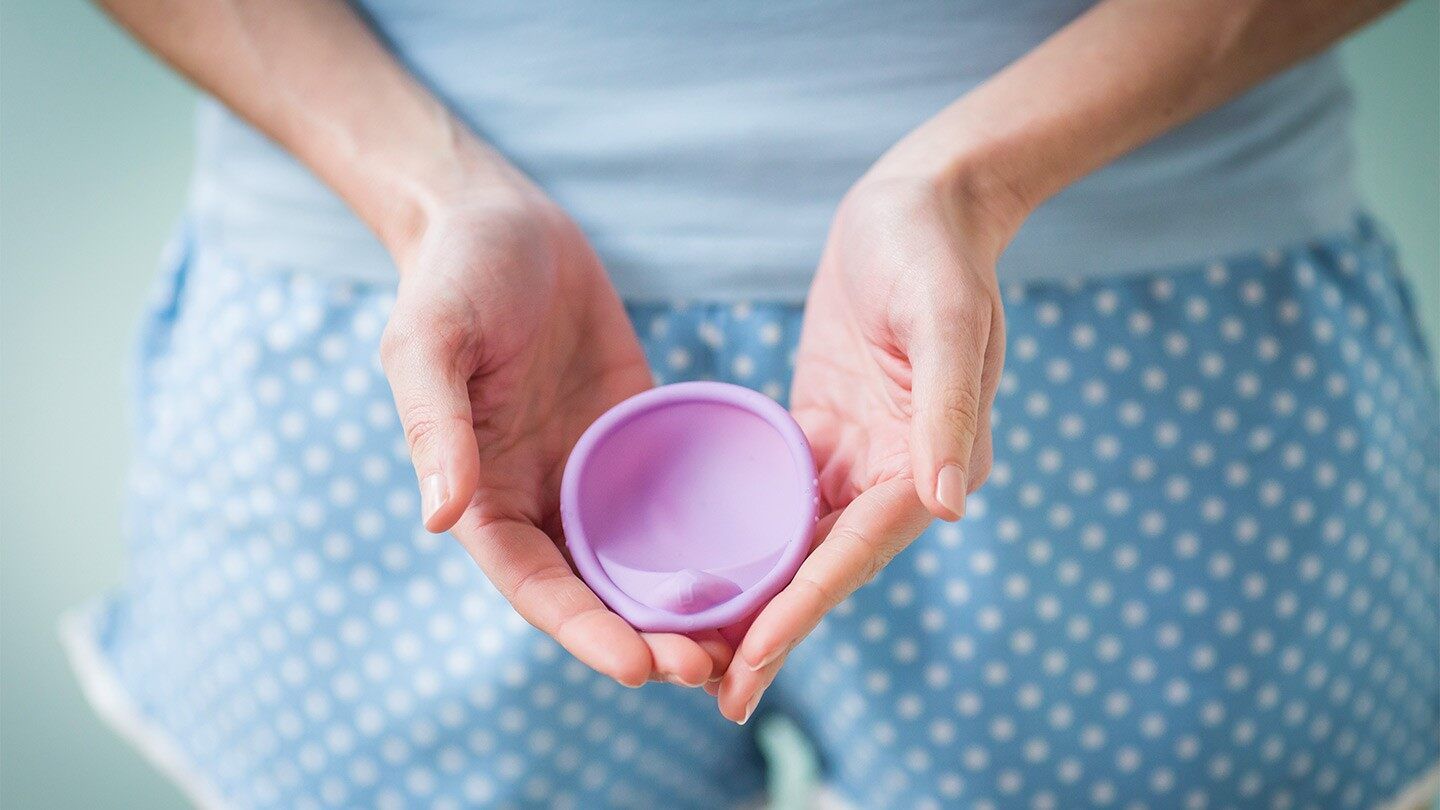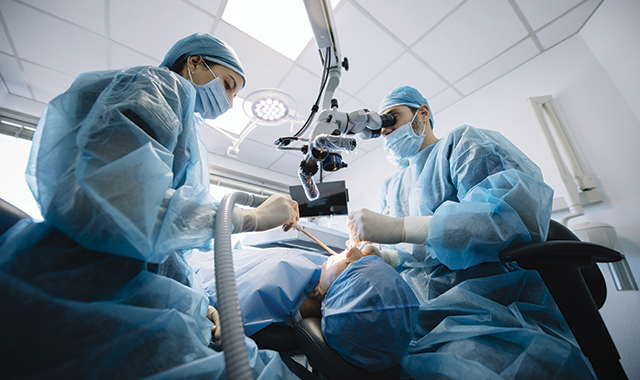Cannabis has been around for thousands of years, but the research we have on this interesting substance is still incredibly limited. It’s only in recent years that the popularity around the benefits that CBD can provide has really started to gain traction.

But because of the association with marijuana, CBD is still under regulations and the laws around it have evolved considerably due to concern over public safety. In this blog, we’ll take a look at the timeline of CBD rules and regulations to see how views on this substance have changed over time.
What is CBD?
CBD is a compound found in the cannabis plant that boasts therapeutic properties and health benefits. It works in tandem with the body’s natural endocannabinoid system to regulate hormones, maintain homeostasis and much more. However, unlike THC, which is also found in the cannabis plant, CVD isn’t psychoactive and won’t get you high. CBD comes in various forms, from CBD isolate drops in products like Vitabiotics CBD drops to gummies, food products and topical creams, gels and sprays.
How have the regulations changed?
The rules surrounding CBD vary around the world. Here, we’ve taken a few examples of the CBD regulations in different countries around the globe and how they’ve evolved.
United States
In 1937, the U.S. enacted the Marijuana Tax Act which made cannabis an illegal substance. The medical use of it was allowed but there were still incredibly strict regulations in place that made using it virtually impossible. In 1978, the Controlled Substances Therapeutic Research Act in New Mexico was passed, recognising the medical benefits that cannabis provides.
In 1996, California became the first state to legalise medical marijuana, and in 1998, Washington, Alaska and Oregon followed in their steps. Since then, several other states have legalised medical marijuana and in 2014, several states also legalised the use of CBD. To date, there’s only one CBD product approved by the FDA, and that’s Epidolex which can be used for treating seizures for certain conditions.
Canada
In 2018, the federal Cannabis Act was passed in Canada which made both medical and recreational uses of marijuana legal. However, only authorised retailers and medical firms which were federally licensed can sell products.
Australia and New Zealand
For people over the age of 18, Australia permits the use of therapeutic cannabinoids on a prescription-only basis. The maximum dose, however, is 60mg per day and pharmacists are only permitted to sell a maximum supply of 30 days. Since 2020, Epidolex has been an approved medication for seizures caused by Lennox-Gastaut Syndrome and Dravet Syndrome. In New Zealand, the government removed restrictions against cannabidiol in 2017 and in late 2018, the Misuse of Drugs Amendment Act was passed to eliminate cannabidiols status as a controlled drug.
European Union
In December 2020, the European Commission agreed that CBD should no longer be considered a drug and it is now regarded as a food under the EU Novel Food Regulation act.
UK
Up until 2017, cannabidiol products were classified as medicines. Cannabis oil became legal to buy and sell in 2018, providing it contained less than 1mg THC and wasn’t advertised as having medical benefits. Then in 2019, it became classified as a novel food and that law remains in place today.








